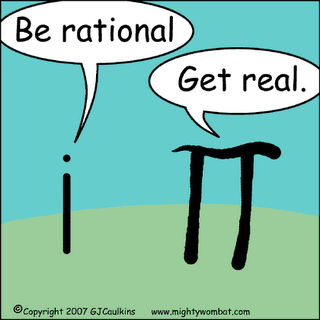To sum up these two weeks, mystical encounter always implies a dipping and even falling into a Great Love, and below are just some ways to describe it. It is first of all a momentary "state,” and with years of practice, the state becomes a permanent trait and a way of life. But know this is available to ALL of you! In fact, you are hard wired to receive it.
- Enlargement: You will become larger in your heart and attitudes, not smaller.
- Union: You will have a stronger sense of union with things, not disunion from things or others. You know you are not alone.
- Freedom: You will exhibit a deep sense of inner freedom, not constriction.
- Optimism: You will find a grounded hopefulness within yourself, not pessimism.
- Safety: You will feel a primal security and a “being held”, not anxiety.
- Rest: You will have found a deep and abiding resting place, deeper than any passing restlessness.
- Possibility: You will be filled with creativity and options, over any "all or nothing" thinking.
- Permission: You will wonder, "where does all this inner spaciousness come from?"



















